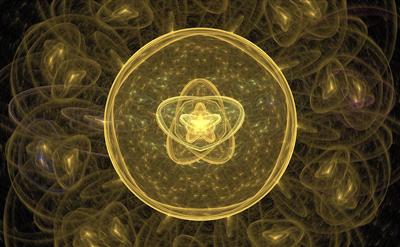New experiment proposed to test quantum nature of gravity

A team of scientists including two University of Southampton physicists has proposed an experiment it believes could answer a long-standing question: is gravity quantum?
Quantum mechanics is the theory that accounts for the behaviour of fundamental particles and basic microscopic systems, including their habit of appearing in two different places at once. However, there is no empirical evidence to suggest that gravity – which is currently only explained by classical physical laws – might behave in a quantum manner.
In a new paper published in Physical Review Letters, an international team led by UCL and including Professor Hendrik Ulbricht and Dr Marko Toroš from the University of Southampton, outlines an experimental test it believes could prove whether gravity has quantum characteristics.
In the proposed experiment, two microscopic masses would be observed freefalling on adjacent paths a fraction of a millimetre apart. The masses are made to interact gravitationally with each other as they fall through a series of magnetic fields, in an environment free of any other influences.
Any ‘entanglement’ observed between the masses – each of which will follow both paths simultaneously during its fall – would confirm the quantum nature of gravity.
Professor Ulbricht said: “We are some way off being able to carry out this experiment for real, but it’s extremely exciting to be able to outline a theoretically workable proposal.
“If we can use an experiment like this to show without any ambiguity that gravity possesses a quantum nature, it would offer a thrilling challenge to the laws of physics – and open up whole new avenues for physicists to explore.”
The paper, Spin Entanglement Witness for Quantum Gravity, is published in Physical Review Letters.